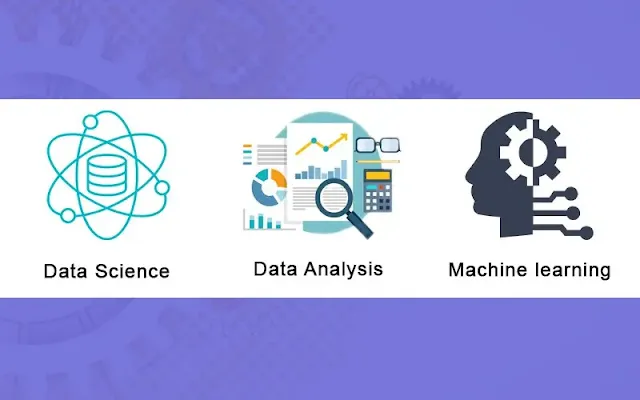Machine Learning and Data Analytics: What’s the Difference?
Machine learning (ML) and data analytics are closely intertwined fields that leverage data to generate insights, predictions, and decisions. Here's an overview of their roles, differences, and applications:
What is Machine Learning?
Machine learning is a subset of artificial intelligence (AI) that enables systems to learn patterns and make decisions or predictions based on data. It involves building algorithms that improve their performance as they process more data.
Key Features:
- Supervised Learning: Models learn from labeled data (e.g., predicting house prices from historical data).
- Unsupervised Learning: Models identify patterns in unlabeled data (e.g., customer segmentation).
- Reinforcement Learning: Systems learn through trial and error (e.g., training robots or playing games).
Common Algorithms:
- Linear Regression, Decision Trees, Neural Networks, Clustering, and Support Vector Machines.
What is Data Analytics?
Data analytics involves examining datasets to uncover trends, patterns, and actionable insights. It is more descriptive and diagnostic in nature, focusing on understanding "what happened" and "why it happened."
Key Techniques:
- Descriptive Analytics: Summarizes historical data.
- Predictive Analytics: Uses ML models to forecast future outcomes.
- Prescriptive Analytics: Provides recommendations for decision-making.
Tools:
- Tools like Tableau, Power BI, Excel, and Python libraries (e.g., Pandas, Matplotlib) are commonly used.
Machine Learning in Data Analytics
Machine learning enhances data analytics by automating data-driven insights and enabling predictive and prescriptive analytics.
Applications:
- Predictive Analytics: Forecasting customer behavior or sales trends.
- Fraud Detection: Identifying unusual patterns in financial transactions.
- Anomaly Detection: Spotting deviations in manufacturing or system performance.
Applications Across Industries
- Healthcare: Predicting disease outbreaks or patient outcomes.
- Finance: Risk assessment and fraud prevention.
- Retail: Personalized recommendations and inventory management.
- Marketing: Customer segmentation and campaign optimization.
While data analytics provides the foundation for understanding data, machine learning builds on it to drive automation, predictions, and innovation. Together, they empower businesses to make smarter, data-driven decisions and adapt to dynamic environments.


.jpg)






2 Comments
Wonderful
ReplyDeleteVery good
ReplyDelete